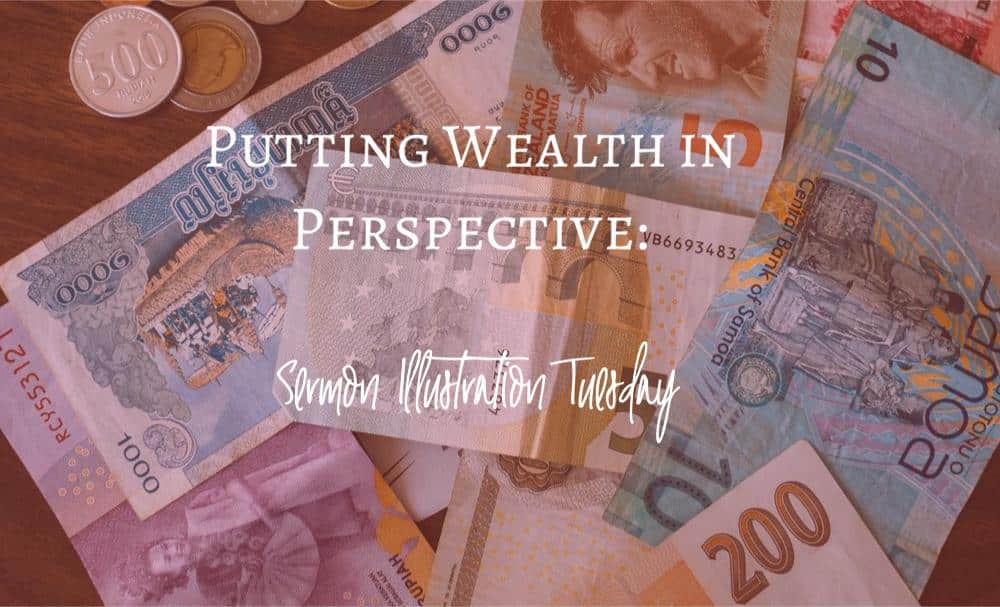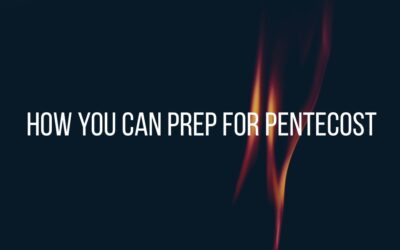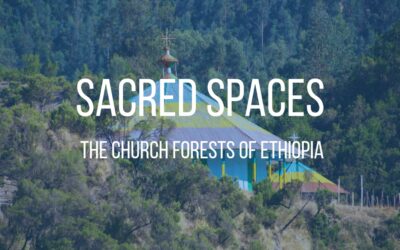While we are comparing, consider this. What we call “poverty” today would have been considered middle class just a few generations ago. In 2000, the average “poor” family had goods and services rivaling middle-class families of the 1970s: 60 percent had microwaves, 50 percent had air conditioners, 93 percent had color televisions, and 60 percent had video recorders.
More impressive is the income mobility within our economy. Most poor families don’t stay poor. Over the sixteen-year period tracked by one study, 95 percent of the families in the lowest income quintile climbed the economic ladder to higher quintiles. Over 80 percent moved to the top three quintiles, qualifying them as middle class or better.
As Michael Cox, an economist with the Federal Reserve, noted, “The rich may have gotten a little richer, but the poor have gotten much richer.” Gallup conducted a poll to see how different socioeconomic groups defined “rich.” Not surprisingly, everybody had a different definition — and nobody thought he fit it.
For each and every person, “rich” was roughly double the amount possessed by the person defining it. In other words, when they interviewed people who earned $30,000 a year, that group defined “rich” as someone who earns $60,000. When they interviewed people who earned $50,000 a year, the magic number was $100,000. Similarly, Money magazine asked its readers how much money it would take to make them feel rich.
And according to the average reader of Money magazine, a person would need $5 million in liquid assets to be considered rich. Based on the trend found in the Gallup poll, the readers of Money magazine probably averaged about $2.5 million in net worth (half their definition of “rich”).
Therefore, if we asked people worth $5 million to define “rich,” they would probably say it was anyone worth $10 million. And on and on it goes. The moral of the story? “Rich” is a moving target. No matter how much money we have or make, we will probably never consider ourselves rich. The biggest challenge facing rich people is that they’ve lost their ability to recognize that they’re rich.
Taken from How to Be Rich by Andy Stanley, Copyright © 2013 by Andy Stanley. Use by permission of Zondervan. www.zondervan.com.
Don’t Miss
The Latest From Our Blog
Check out articles, featured illustrations, and book reviews on all different topics related to ministry.
New Site Launches Tomorrow!
Watch this Space! Tomorrow (May 29) is the official launch of the new The Pastor's Workshop site! Return to this blog tomorrow morning for a post highlighting the new features and explaining how subscribers can get on and start using the site! Here are some new...
How You Can Prep for Pentecost
This was originally posted on May 12, 2016 on https://huffpost.com Pentecost Came Like Wildfire I'm lying on an ice pack early this morning, doing my back exercises and listening to Pray as You Go, a tool for meditation, with monastery bells, music, and a Bible...
Sacred Spaces: the Church Forests of Ethiopia
Let's Go to Ethiopia! Here’s a fun exercise with a spiritual payoff. Go to Google Maps and view aerial images of the South Gondar zone of Ethiopia. Use this button:When the page loads, you'll see a light brown countryside, mostly farmland. There are thin lines of dark...




